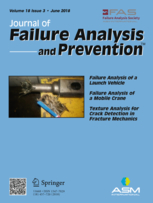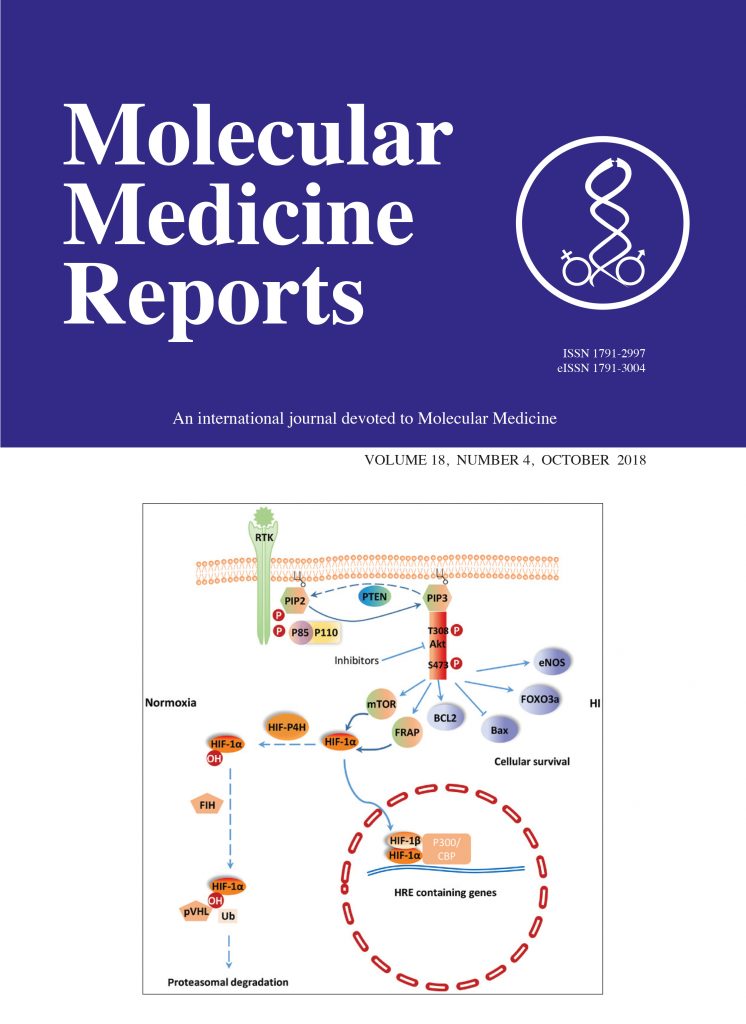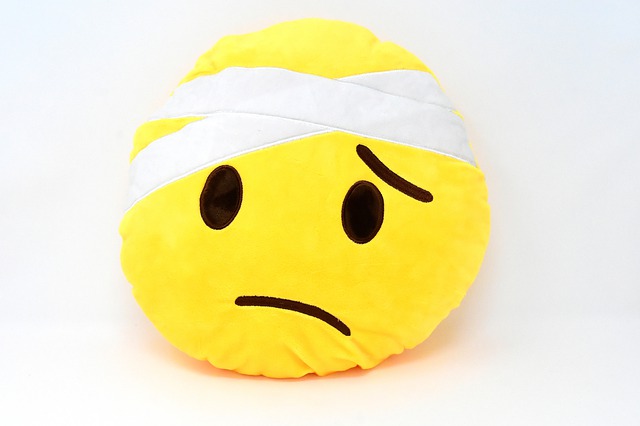 The wheels of scientific publishing turn slowly … but they do (sometimes) turn.
The wheels of scientific publishing turn slowly … but they do (sometimes) turn.
In January, we reported on the case of a paper on global warming marred by several problems, including allegations of plagiarism and “false claims” by the authors — which readers had raised as early as 2014, with no result. (Find a discussion of those allegations here.)
Now, the journal, Elsevier’s Renewable and Sustainable Energy Reviews (ironic on multiple levels, when you think about it), is retracting the paper.
According to the long-time-in-coming retraction notice: Continue reading Four years after readers raise concerns, journal finally retracts climate paper

 Irony machine, start your engine: A pair of engineers have lost a 2017 paper in the
Irony machine, start your engine: A pair of engineers have lost a 2017 paper in the 



 A lab at the University of Malaya has lost two papers and will have to correct five more — just from one publisher — over poor lab practices.
A lab at the University of Malaya has lost two papers and will have to correct five more — just from one publisher — over poor lab practices. For the second time in a week, we’ve come across a retraction notice that gave the wrong reason for the retraction.
For the second time in a week, we’ve come across a retraction notice that gave the wrong reason for the retraction. The similarities between recent papers in two different journals about energy were striking — so striking that a number of people have
The similarities between recent papers in two different journals about energy were striking — so striking that a number of people have